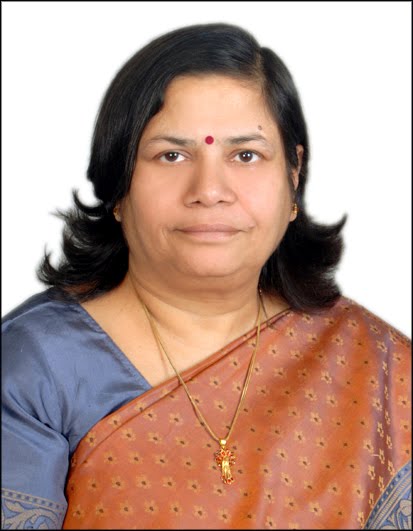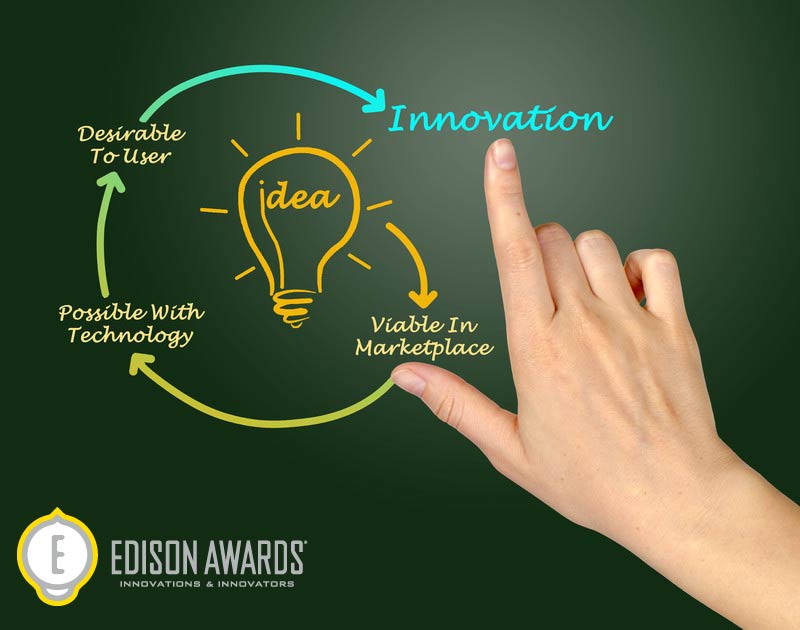Digitalization has changed the very way we live, work and think. It is not just about something we do strategically or specifically, but the way we perceive ourselves and connect to the world around us. Even our language is structured by digital technologies. Ubiquitous like air, it is invisible. It has not only invaded economic politics but also political markets. Today we live in a world where the ‘virtual’ has drastically and rapidly overtaken the ‘real’ and governmental controls.
No wonder, under these circumstances, we find the focus of policymakers, educators and employers shifting from content-based knowledge to lifelong learning based upon creativity, innovation, entrepreneurial and problem-solving soft skills. Earlier, our schools and colleges provided their students hard skills along with diplomas/degrees in hand and prepared them for work. Now these institutions are required to prepare their students/learners for not yet discovered careers and technologies not yet invented.
Need of the hour
Therefore, it has become urgent to prepare the students for creative, problem-solving, innovative and entrepreneurial skills now to be able to deal with uncertainties and vulnerabilities at the workplaces in future. It means abandoning traditional classroom teaching based upon textbooks, information and rote learning. There has to be more focus on peer learning to inspire learners to get sparking new ideas just in time. It would require learning and preparedness for adapting to the latest technologies on lifelong basis.
Creative, problem-solving, innovative and entrepreneurial skills can help the students and professionals in learning from their successes and failures, take subjective decisions which require immediate attention, work with teams comprising of people from diverse socio-cultural and regional backgrounds, prepare them to take calculated risks and accept challenges, show consistent persistence, grit and confidence despite adverse and un-anticipated circumstances. This applies to the recent scenario in the case of start-ups all over the world in the wake of COVID-19 pandemic. Most of the CEOs of these start-ups simply cannot give up and would have to find out creative and innovative solutions by being more entrepreneurial.
There is no other way to deal with the likely problems arising in the era of digitalisation, platform or gig economies in future except building the base of the students now by garnishing the creative, nurturing and innovative skills. No amount of content and knowledge we give them today can suffice for their needs as working adults in future. They have to act not as consumers by receiving information from their teachers but they have to participate in creating new knowledge as equal partners. They have to become not only problem-solvers but also the finders of problems at the first hand and be able to provide appropriate solutions on subjective basis by distinguishing the false from true information. It requires critical skills and lifelong learning.
The job of educational institutions, schools as well as colleges should be to provide befitting environment to their students and learners. They must get not only the quality infrastructure and labs but also adequate opportunities to experiment with new ideas without any fear of their failure or success. They should not only be ready to learn from their peers but beyond their immediate educational institutions or universities. The future of work cannot be predicted as it is constantly fluctuating. Hence, the students as future workers should be ready to enhance their skills constantly throughout their lives. No wonder, creativity, innovation and problem-solving skills have become the buzz words not only in India, including the New Education Policy, but also the world around.


